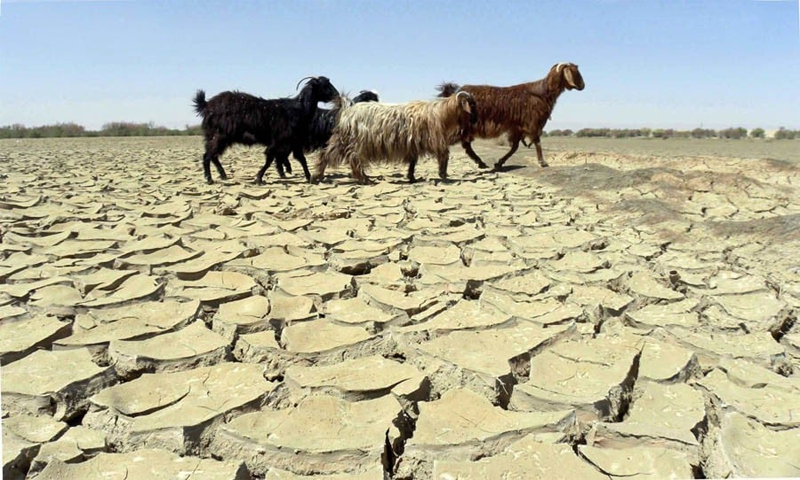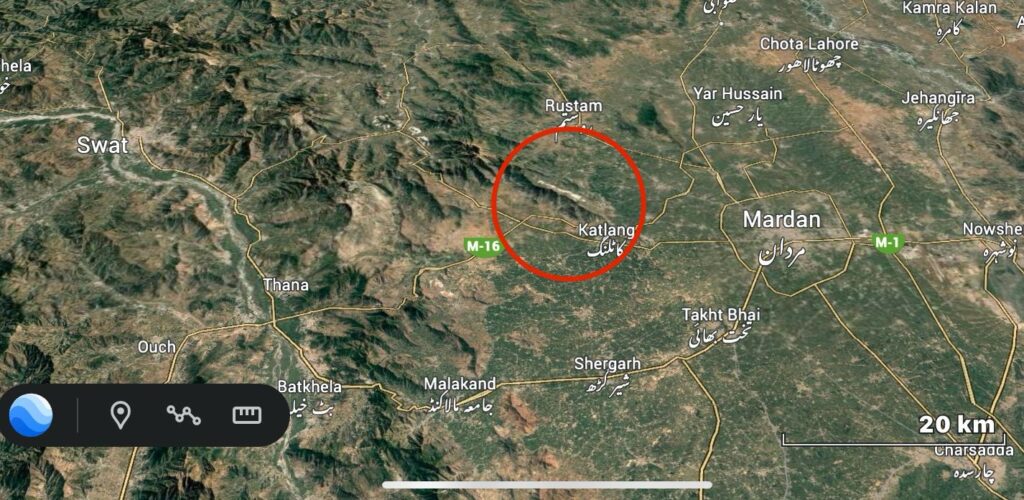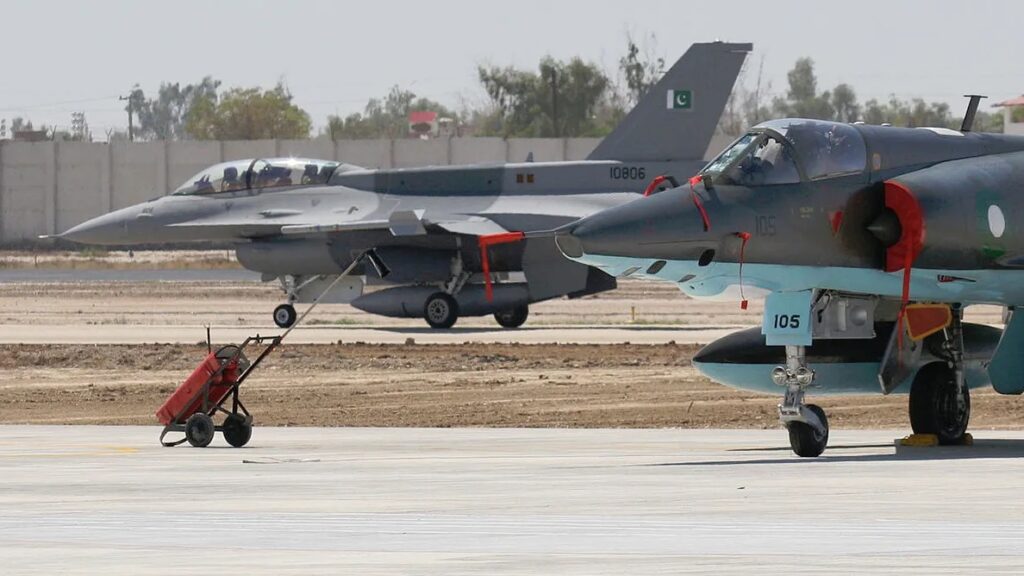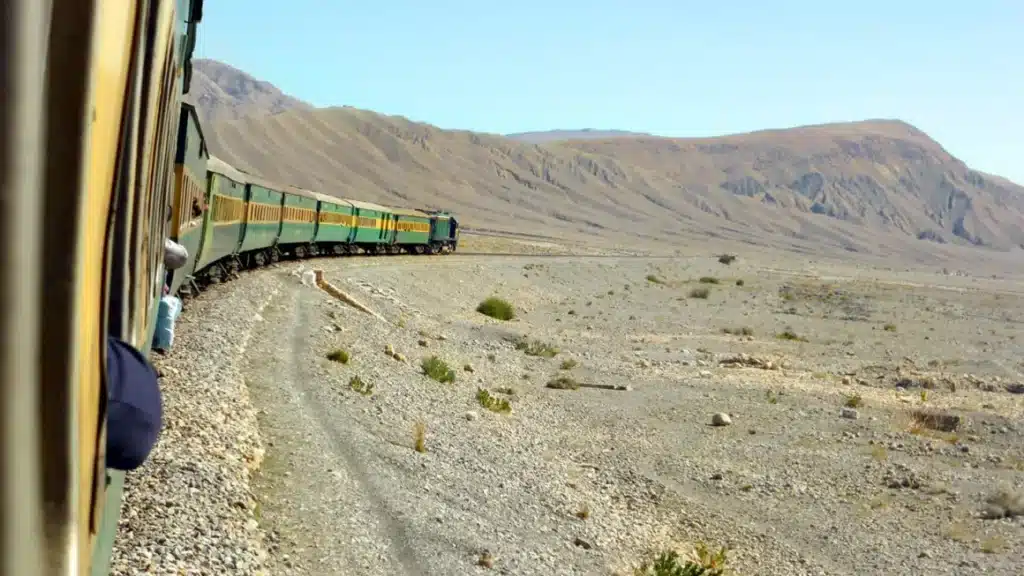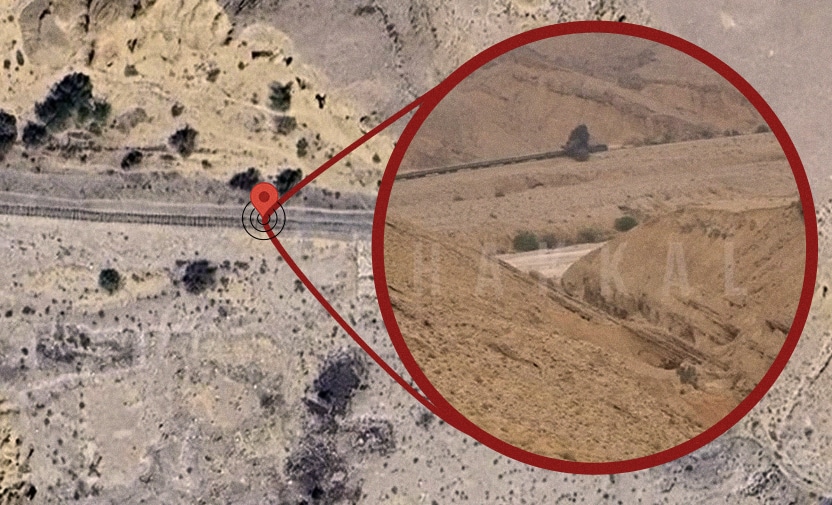QUETTA: Severe water shortage in Balochistan has raised alarm among experts and officials, as the province faces an increasing threat of drought due to declining rainfall and the growing impacts of climate change.
According to the National Disaster Management Authority (NDMA), while northern parts of Pakistan are likely to receive normal precipitation under the influence of western weather systems, most areas of Balochistan and Sindh are expected to experience below-average rainfall this year. The NDMA warned that this could severely deplete groundwater reserves and inflict significant damage on agricultural activities.
The NDMA report identified several high-risk districts in Balochistan — including Chagai, Noshki, Panjgur, and Gwadar — where groundwater levels are already critically low, increasing the province’s vulnerability to drought. Water scarcity in these areas has become a major challenge for both agriculture and livestock.
Experts say Balochistan’s weather patterns have changed dramatically in recent years. Once known for timely winter rains and early snowfall on mountain ranges, the province is now witnessing prolonged dry spells, with drought conditions worsening each year.
Kisan Ittehad Chairman Khalid Hussain Butt said Balochistan received far less rainfall this year compared to previous years. He noted that groundwater levels have dropped by 1,000 to 1,500 feet due to the lack of rain, worsening the province’s water crisis.
According to Butt, water shortages have led to a 25 to 30 percent decline in crop and fruit yields. He warned that the water crisis in Balochistan is not only crippling agriculture but also undermining rural livelihoods, and many farmers may abandon their businesses if the situation persists.
Areas facing water crisis in Balochistan
Geologist Din Muhammad Kakar described the ongoing drought as a direct consequence of climate change, stressing that the province’s rainfall patterns have been severely disrupted. He noted that while other parts of the country experience heavy rains and urban flooding, Balochistan continues to face an alarming deficit in precipitation.
Kakar said excessive extraction of groundwater through solar-powered tube wells in northern districts is worsening the crisis, as the water table is not replenishing. “Many areas that once relied on natural underground channels, or karez systems, for irrigation have now completely dried up,” he said. “Those karez networks sustained agriculture for centuries, but today they no longer exist.”
He warned that without immediate policy action to conserve water, once-fertile agricultural zones could turn barren in the coming years.
Experts and farmers have urged the government to initiate rainwater harvesting projects and enforce strict regulations on tube well usage. They also called for the swift implementation of a comprehensive water management policy.
Environmentalists emphasised the need for public awareness campaigns on water conservation to protect Balochistan’s agriculture and safeguard future generations from severe water scarcity.
In September this year, Chief Minister Sarfaraz Bugti had announced the establishment of a “Climate Fund” to combat the severe environmental challenges facing Balochistan.

